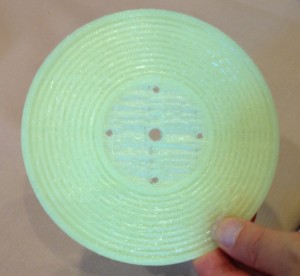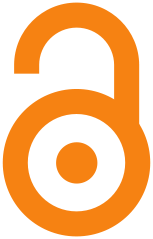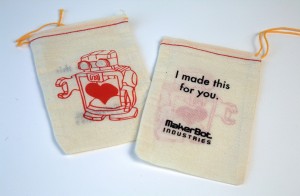I posted earlier this month about easy access to audiobooks through the Library. There are, of course, free resources for finding audiobooks that you can download and transfer to your mobile devices. One such resource is LibriVox.
LibriVox, started by Hugh McGuire (Montreal-based), aims to create audio versions of books in the public domain (out of copyright). They ask people to volunteer and record themselves reading chapters of books, most of which come from Project Gutenberg. Internet Archive hosts their audio files for free so that in the end, you are free to listen to or download anything you like.
For those who enjoy reading out loud, there are no special requirements for volunteering so don’t be shy. I love the sound of my own voice 🙂






